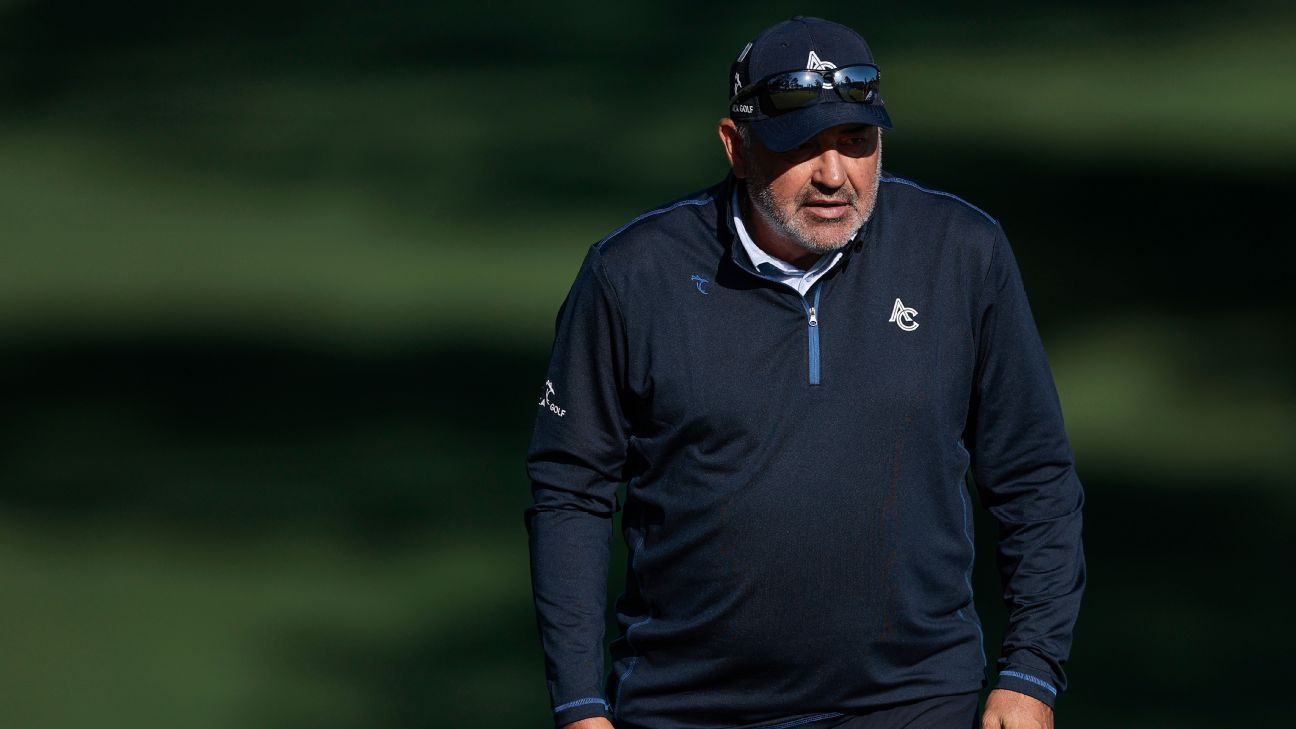
Angel Cabrera’s Candid Reflection: A Journey Through Darkness Toward Redemption
So here’s something that really made me pause—Angel Cabrera, the former Masters champion, just gave his first major interview since being released from prison after serving 30 months. Hearing him speak, honestly, it was like listening to a man who had been completely stripped down and forced to rebuild from rock bottom.
Cabrera, now 55, doesn’t dodge what happened. He flat-out admits, “I made serious mistakes.” That’s heavy, especially considering the kind of prestige and respectability golf demands, particularly at events like the Masters. He served time for domestic abuse—charges involving multiple former partners—and the things that came out were awful. He owned up to much of it, though he still denies the most brutal details. But one thing’s clear: he doesn’t try to paint himself as the victim anymore.
Also Read:- Pre-Game Concerts to Electrify UEFA Women's Champions League Finals
- Lady Gaga’s Mayhem Ball Tour Expands – And Australia Might Be Next!
Back in 2021, when he was first imprisoned in Brazil, he was angry—blaming everyone: his lawyers, the press, even his own kids. But that mindset shifted during therapy sessions in Argentina’s Bouwer prison. It’s wild to hear him talk about those early days, when he couldn’t even admit he was at fault. Over time, though, something cracked. He started seeing that the root of everything—his downfall, the pain he caused—was him.
Cabrera describes prison not as punishment, but as a kind of salvation. “There were nights I lay in my cell thanking God for my imprisonment,” he said. It sounds bizarre, but it makes sense when you hear what he was doing to himself. Alcohol, arrogance, isolation—he spiraled hard after 2012, especially when injuries started messing with his golf game. He pushed away the good people and surrounded himself with yes-men who enabled his worst habits.
He spent time in three different prisons. In Brazil, he was in a packed cell with barely anything to sleep on. He said it was terrifying, especially when they were all crammed into cages during hospital visits. Argentina was better—especially Monte Cristo, where he finished his sentence. That place, set on a huge open farmland, had no bars, no locks. Just open space and trust. He worked in a nursery taking care of plants, which he said gave him peace. He even tried to finish his sixth-grade education there.
And while golf gave him everything, he admits he failed the game—and everyone who loved him through it. He said he’s embarrassed, he’s sorry, and he knows there’s no making up for it entirely. But he’s trying to move forward. He won’t be finishing school—his focus now is golf. That’s where he finds clarity and purpose.
His comeback win on the PGA Tour Champions recently feels like a symbolic step. But whether or not fans or the golfing world embrace him again? That’s another story. What’s clear is this: Cabrera’s not the same man who went into prison. Whether you believe in his redemption or not, you can’t deny—it’s rare to hear someone own their past this publicly, this painfully, and still hope for something better ahead.
Read More:

0 Comments